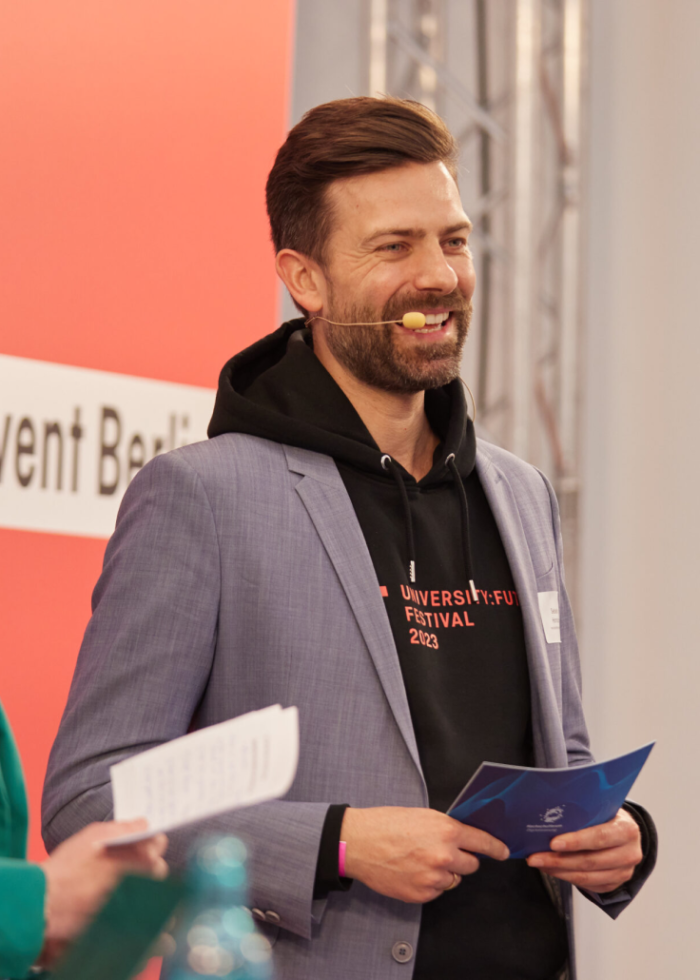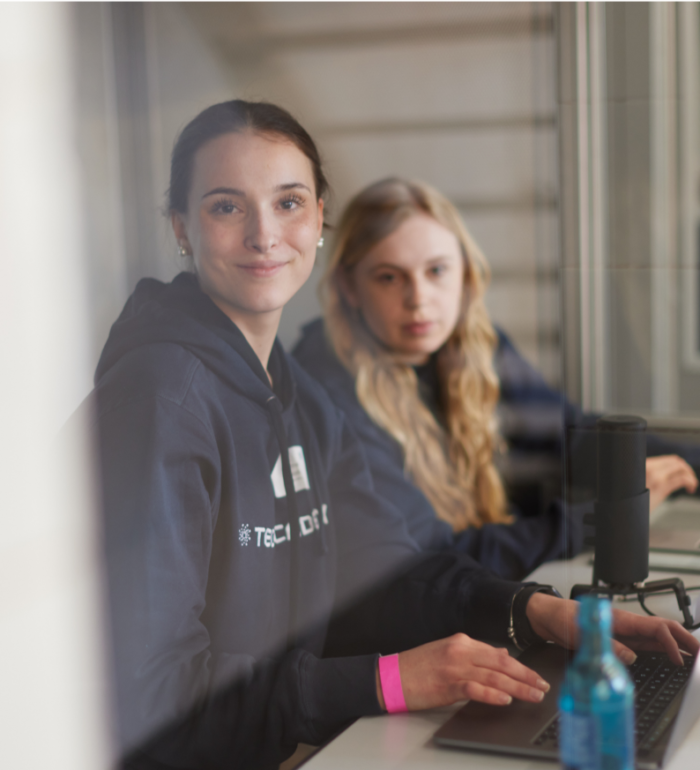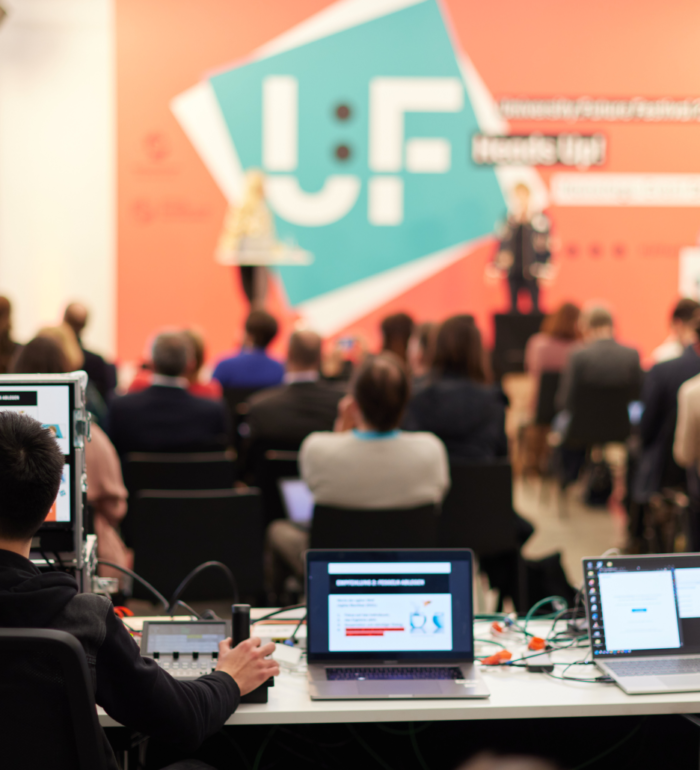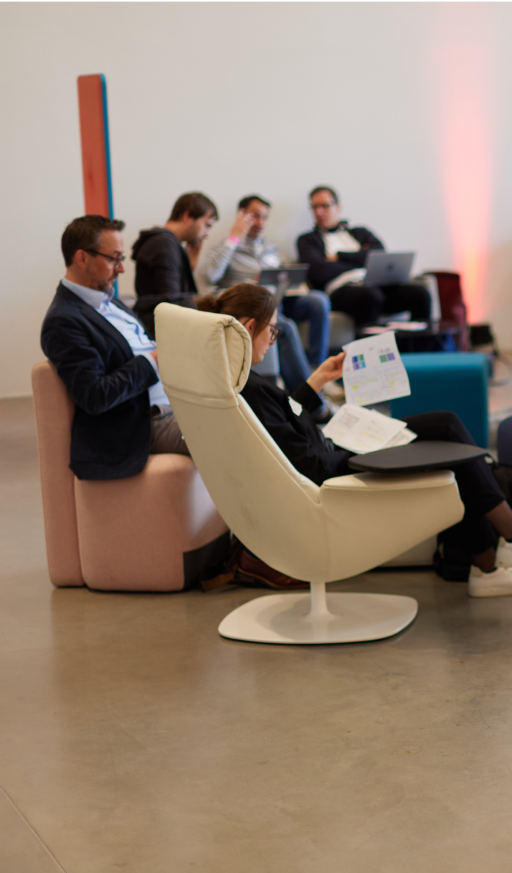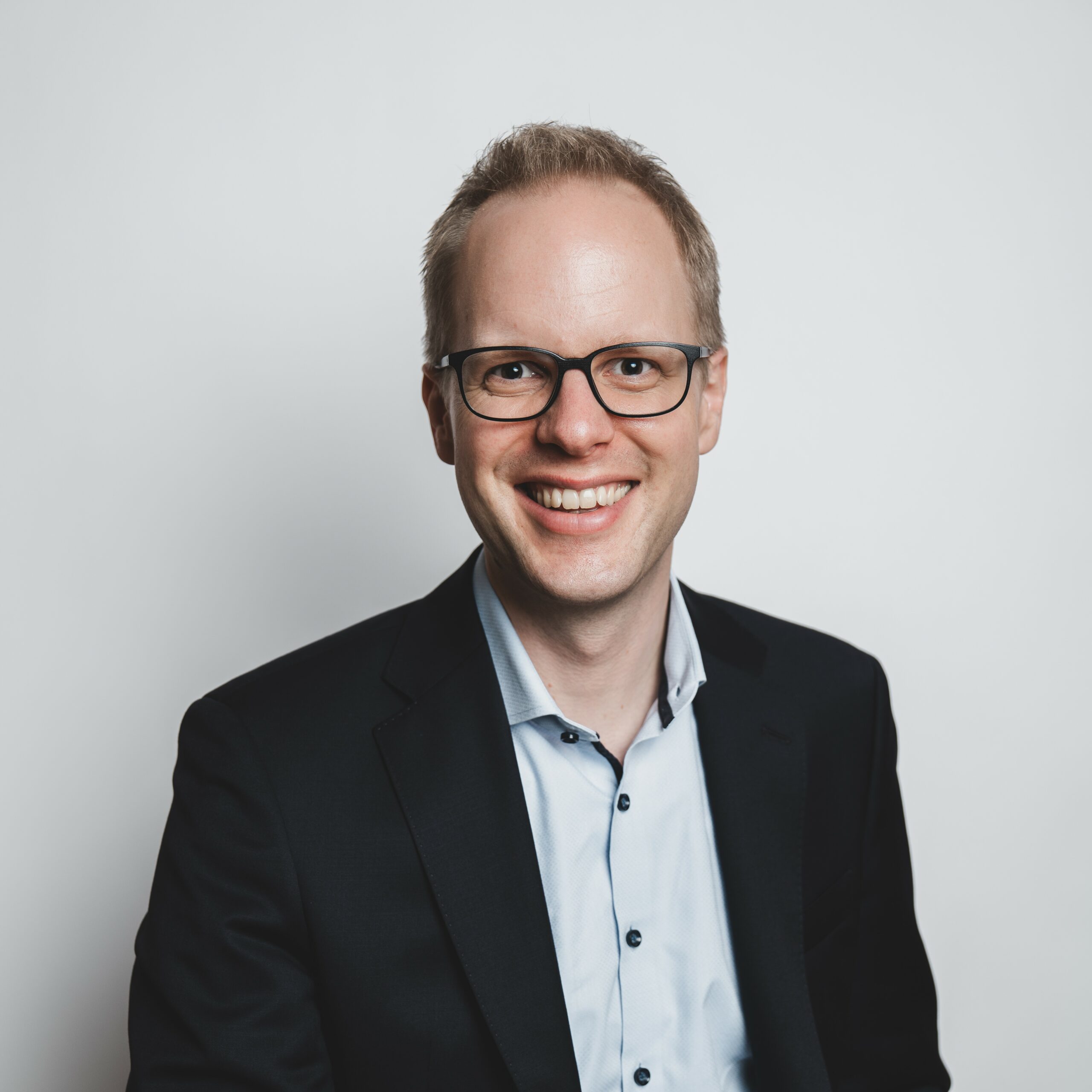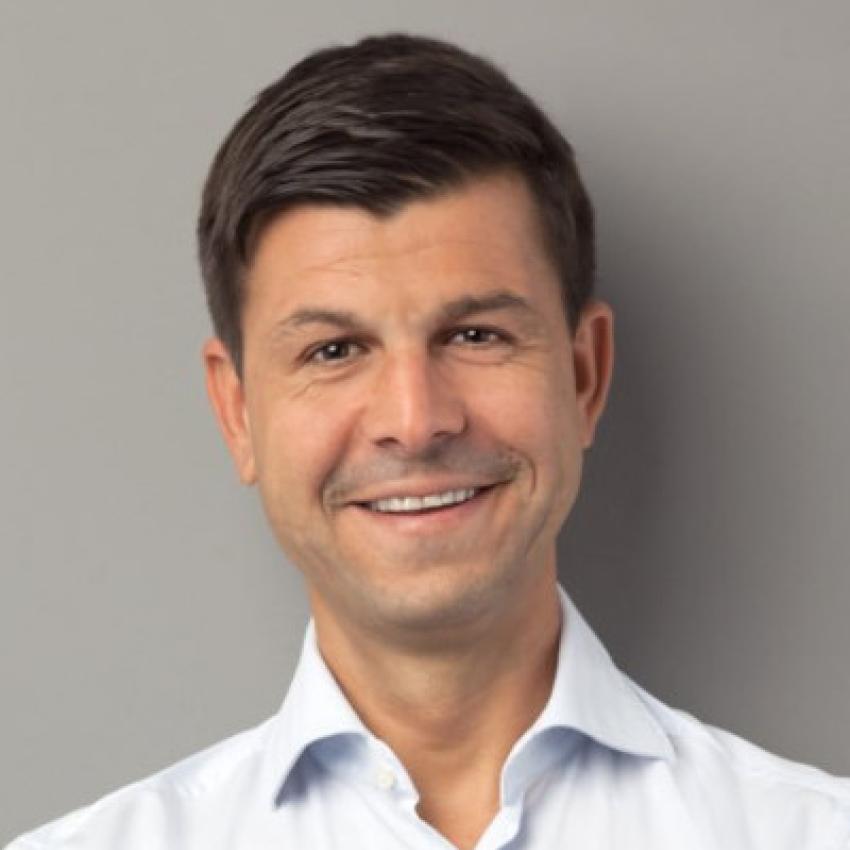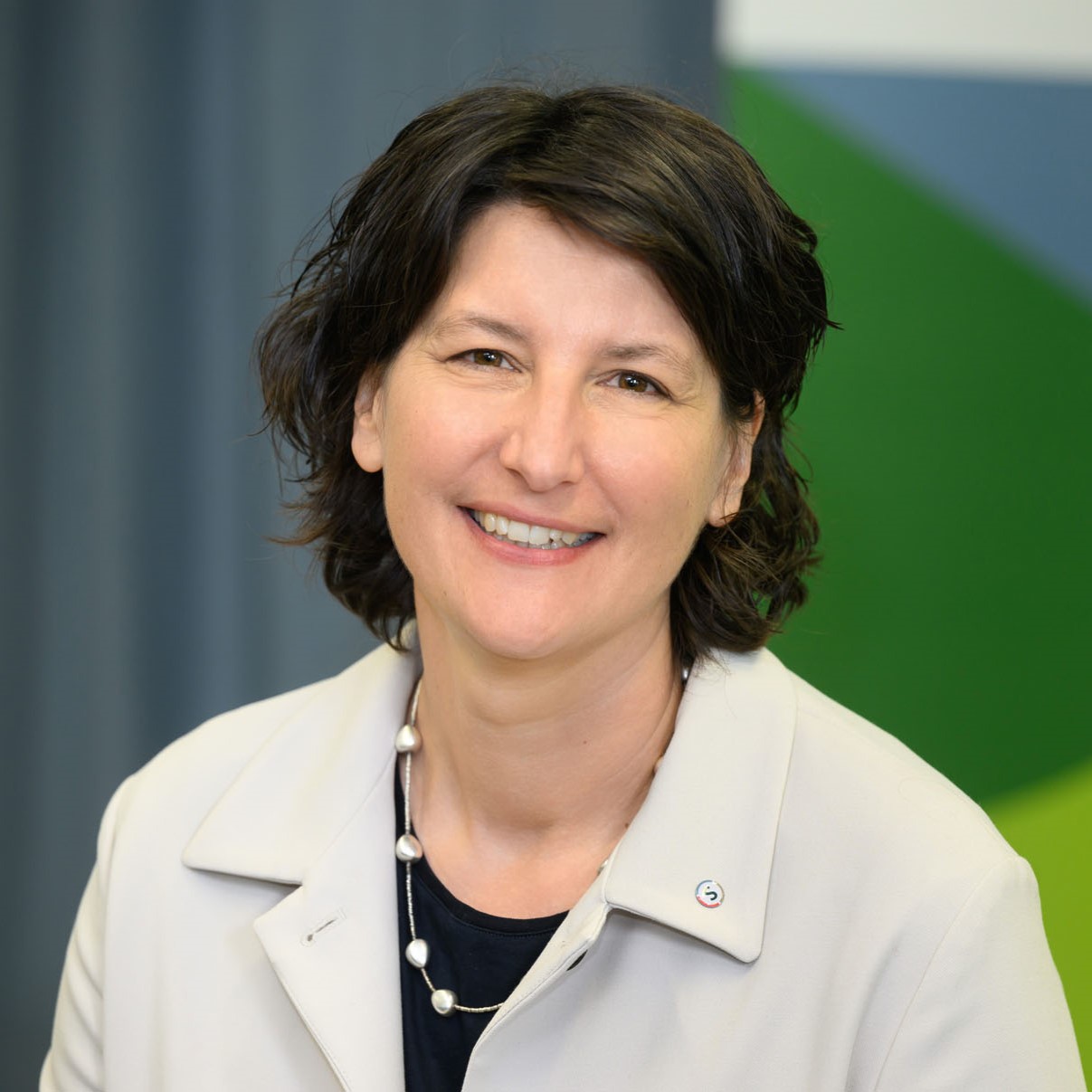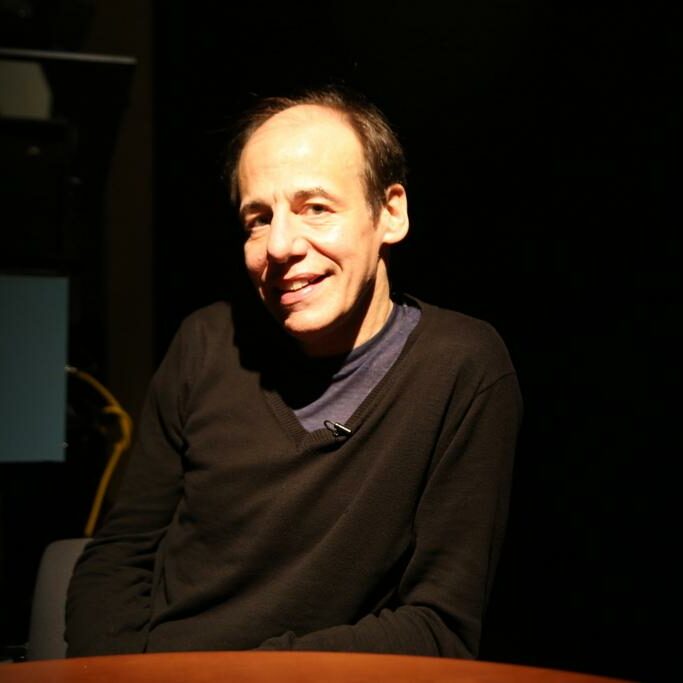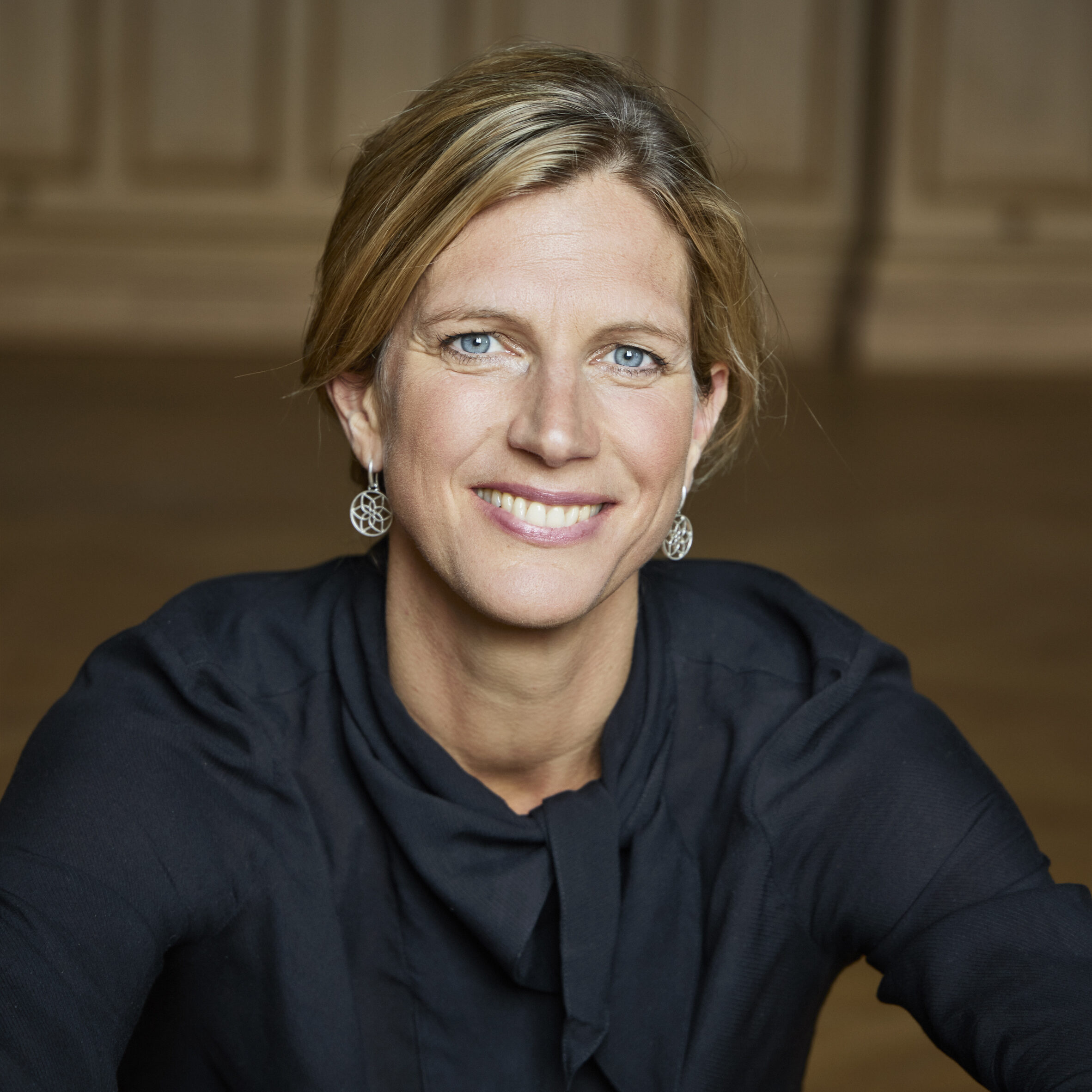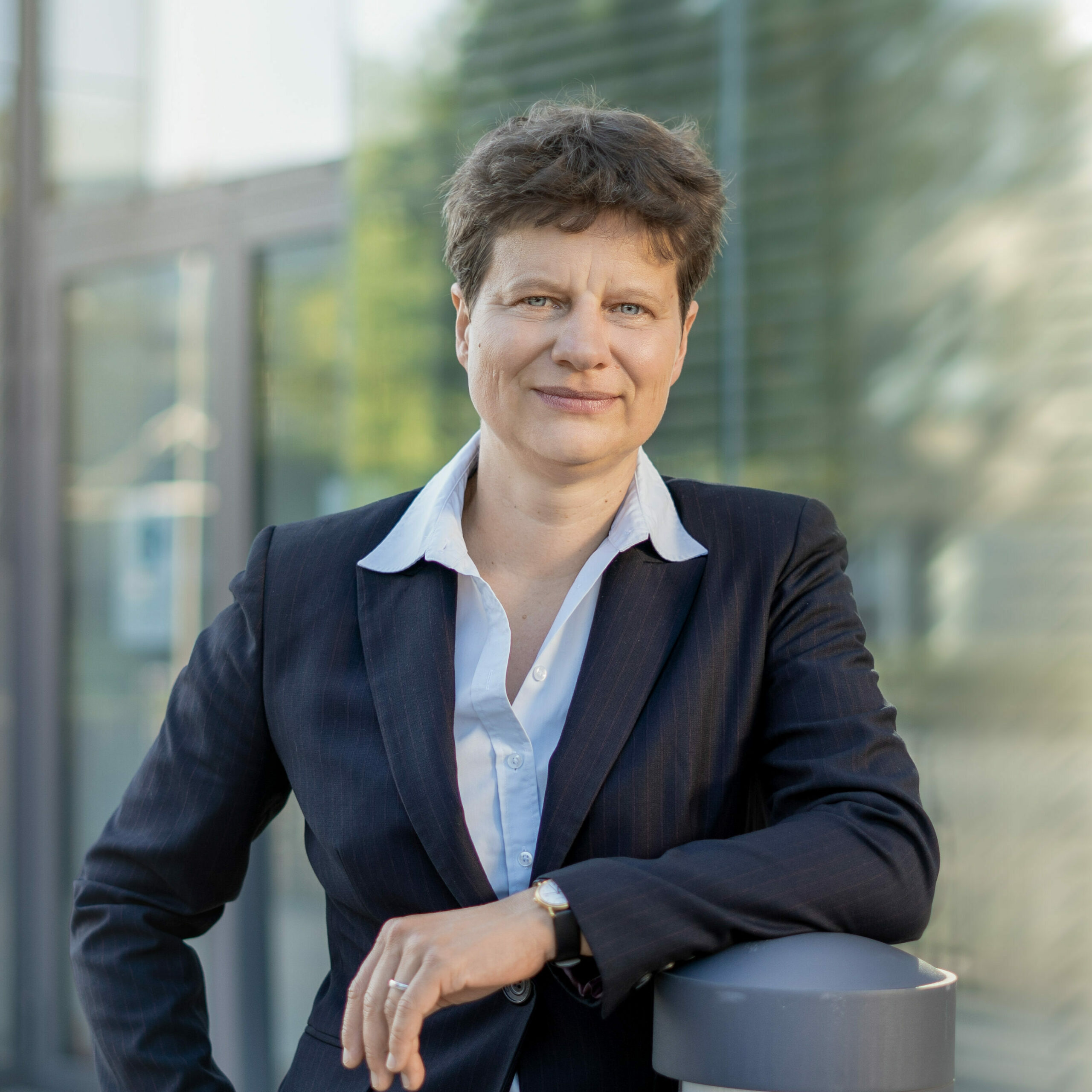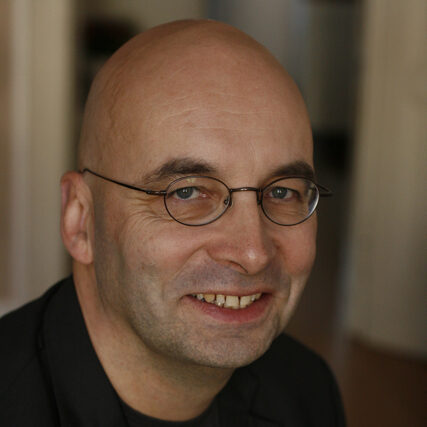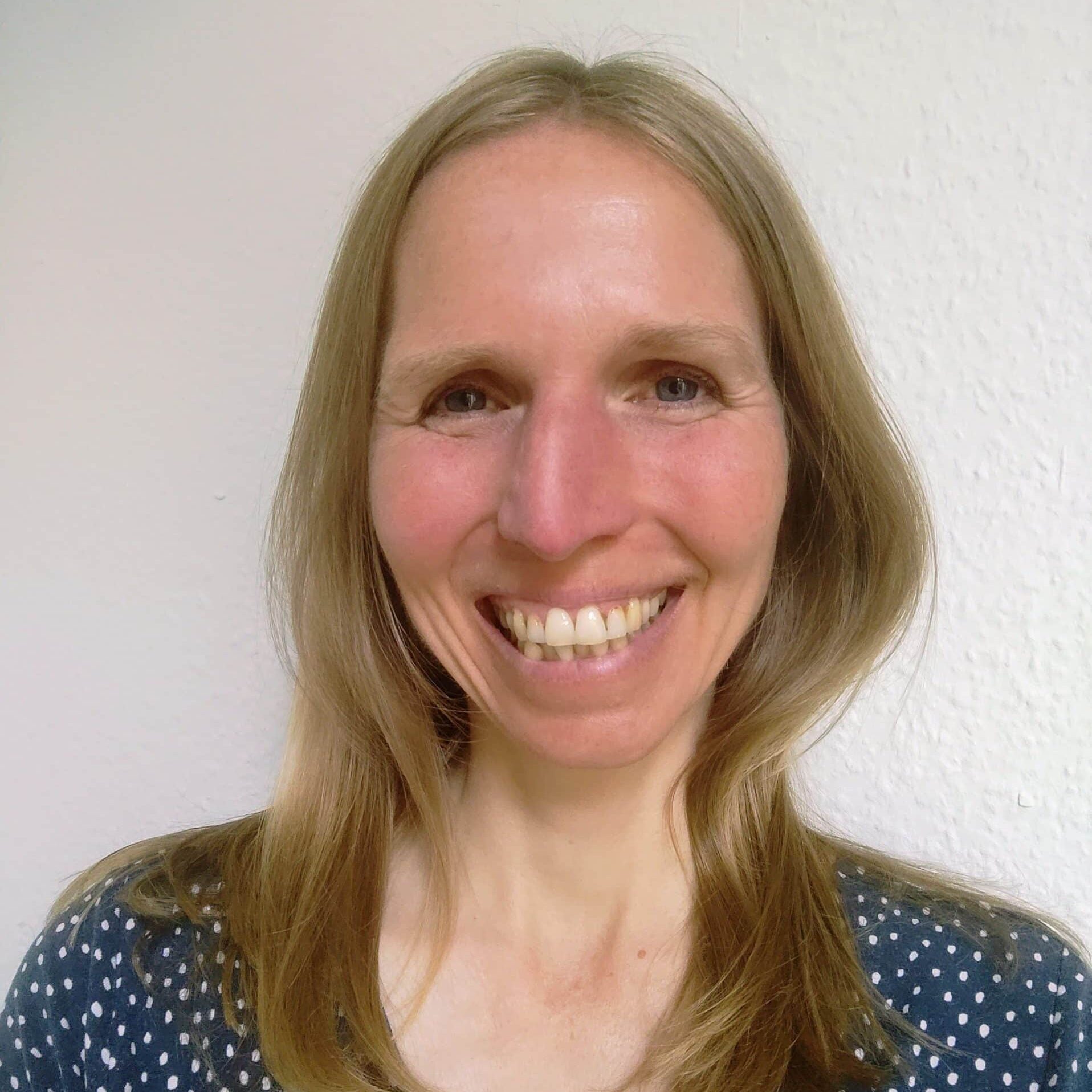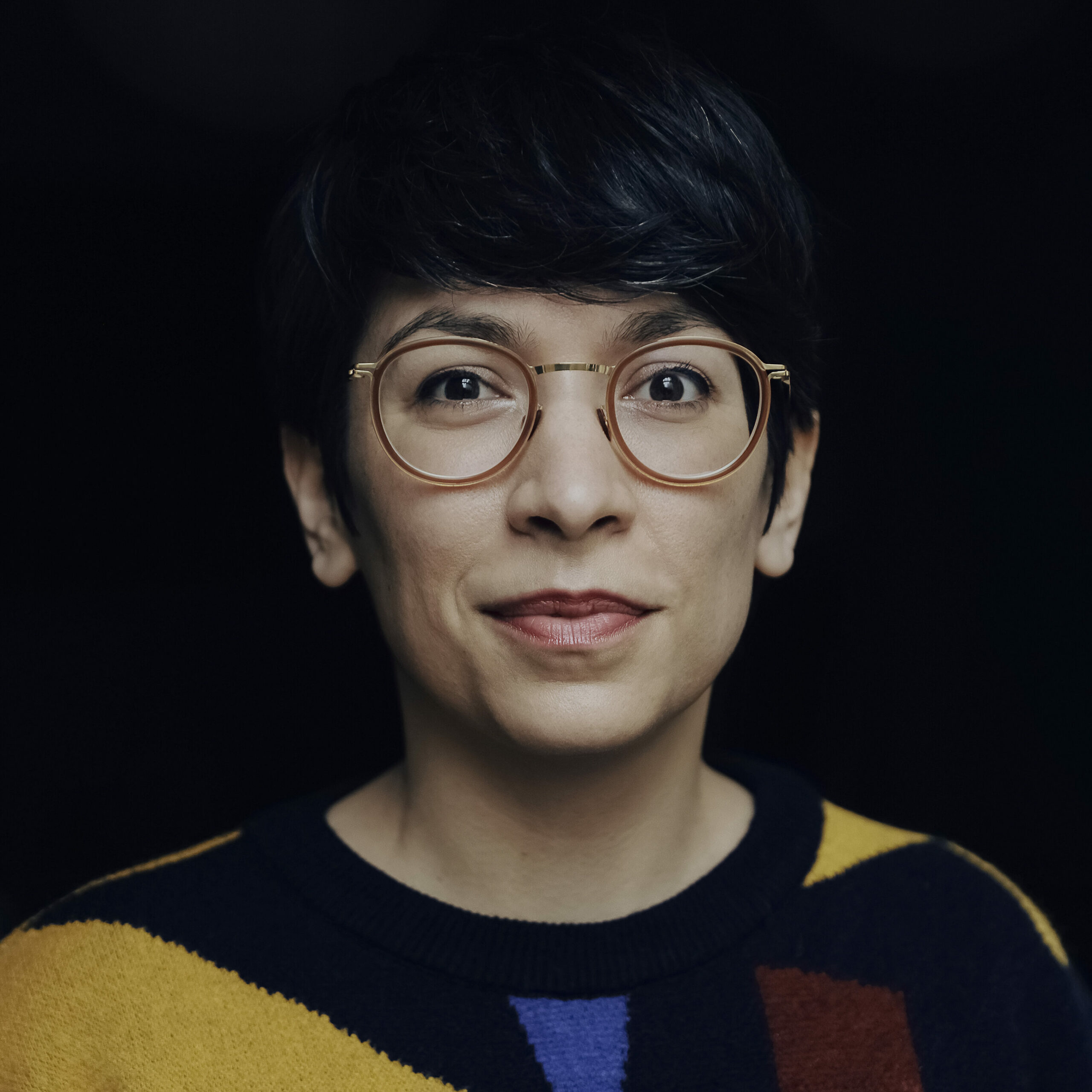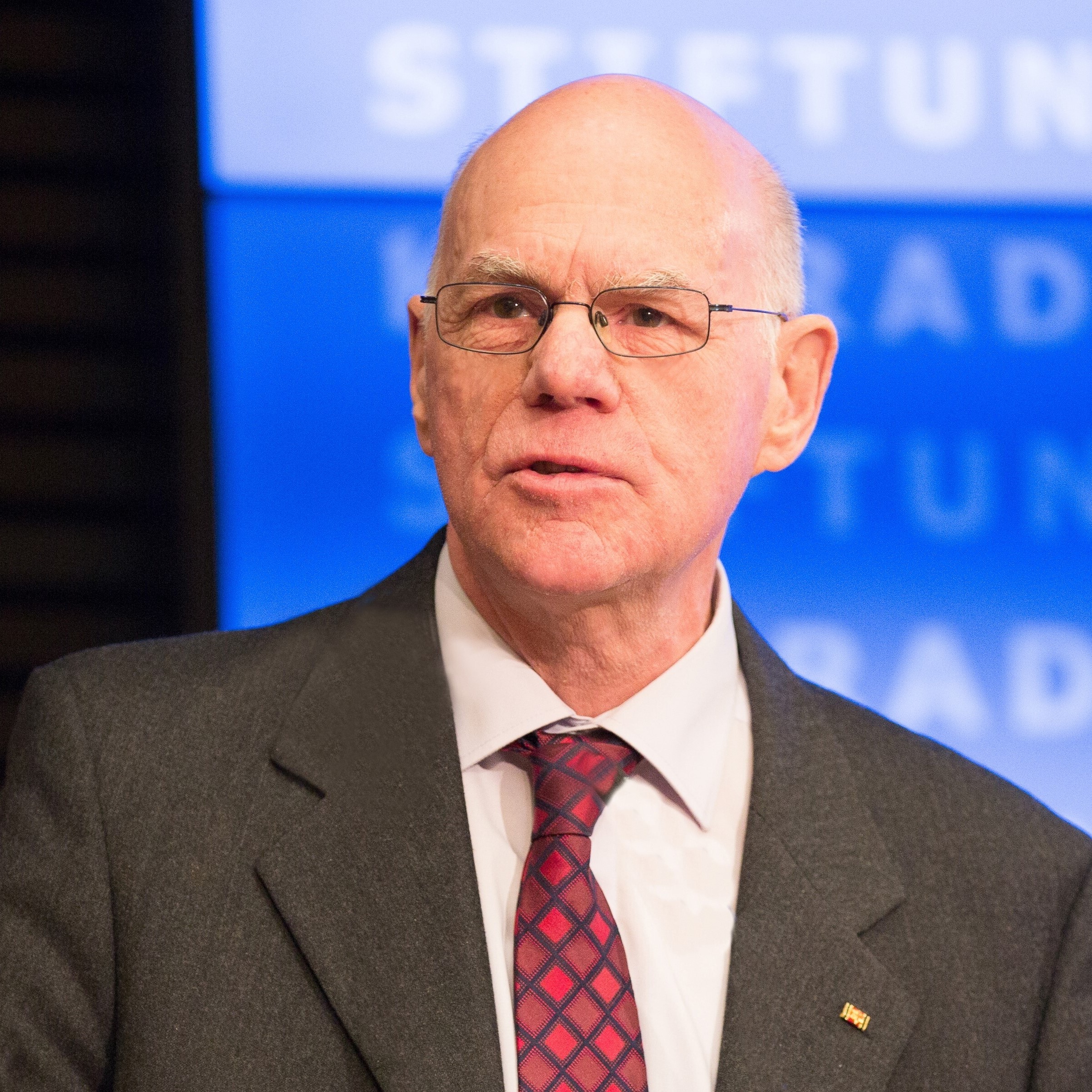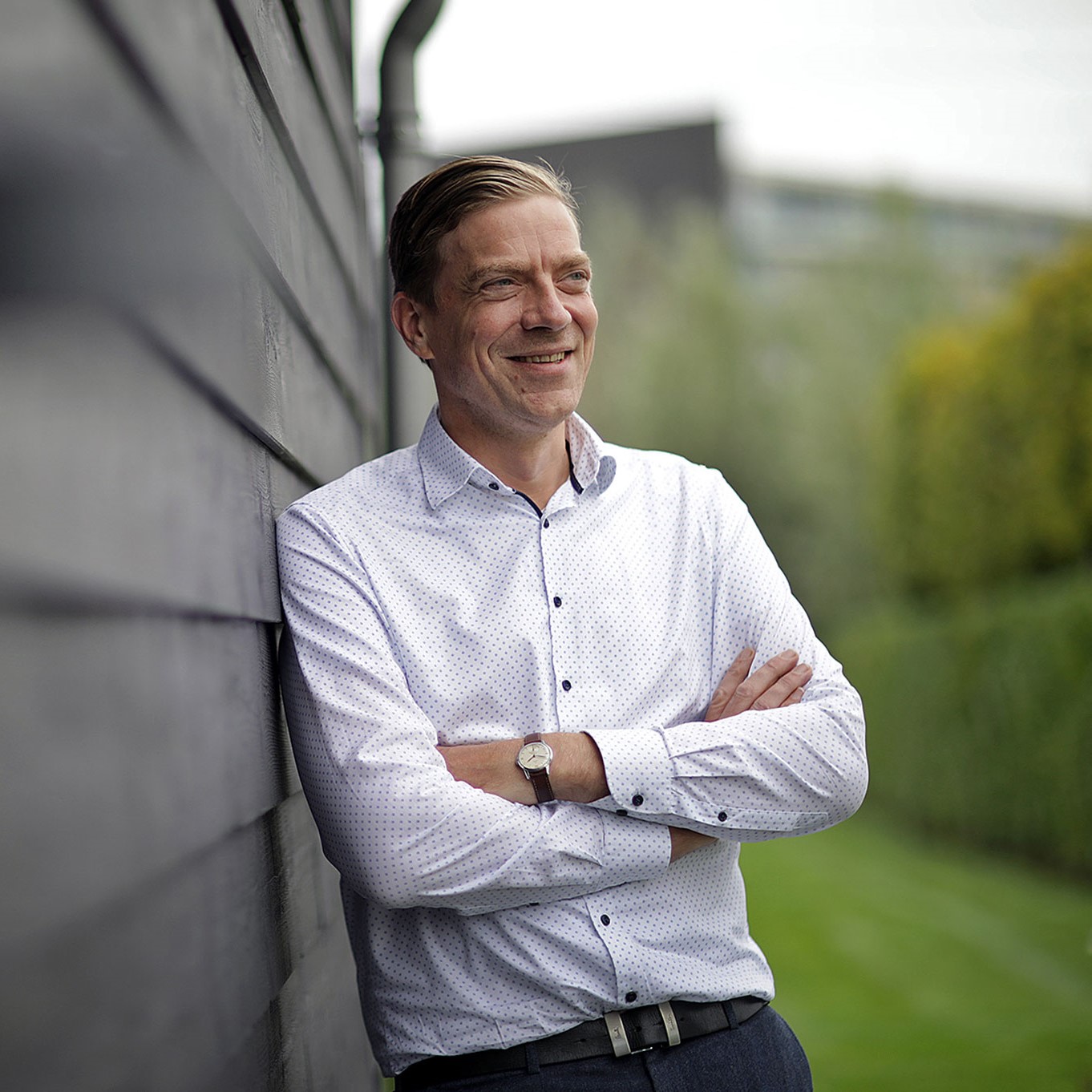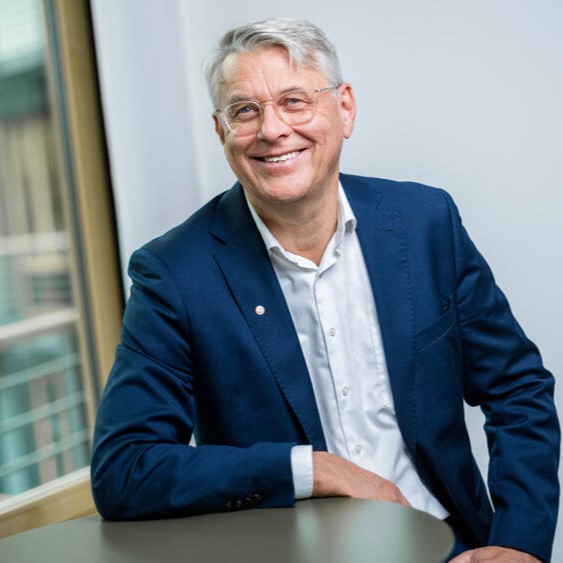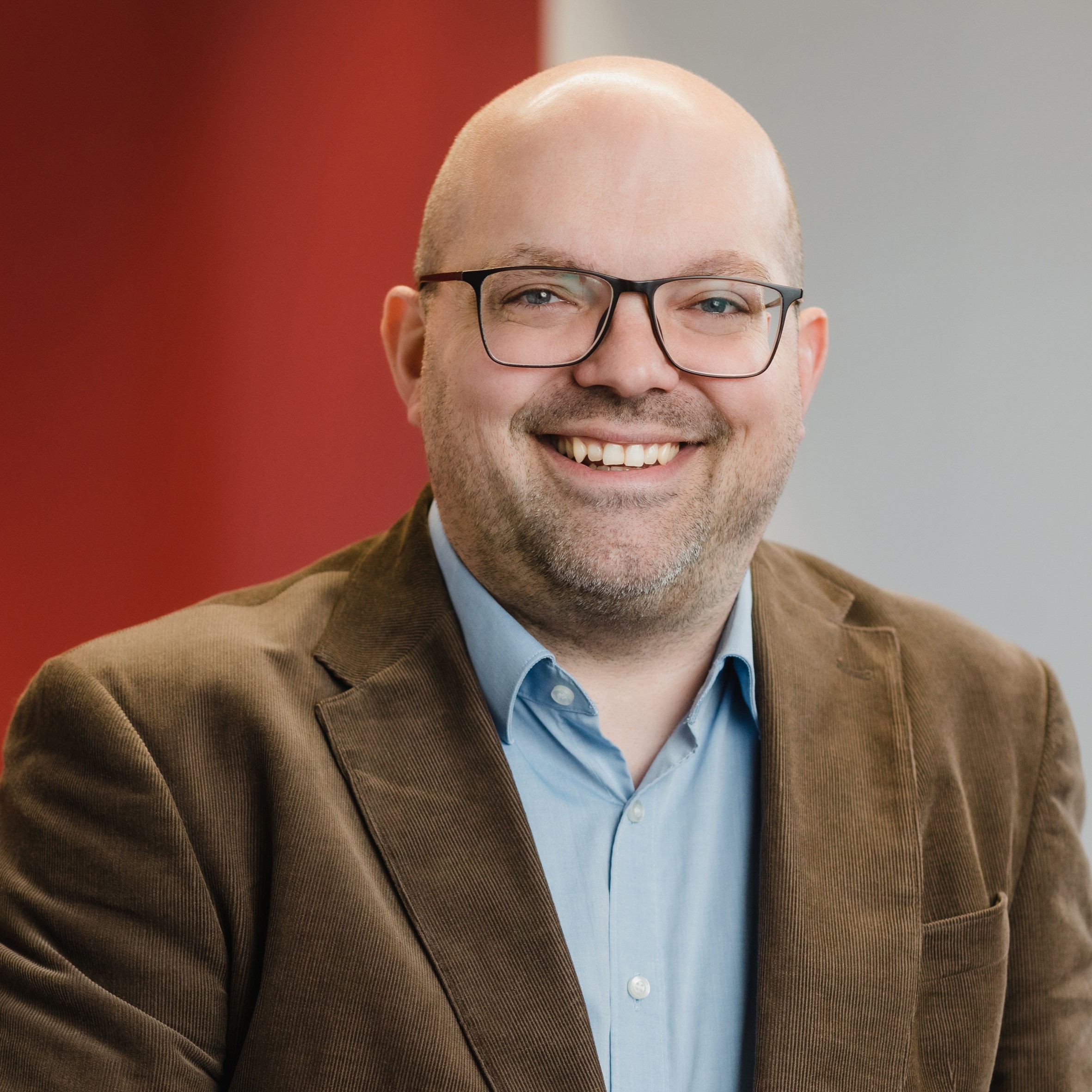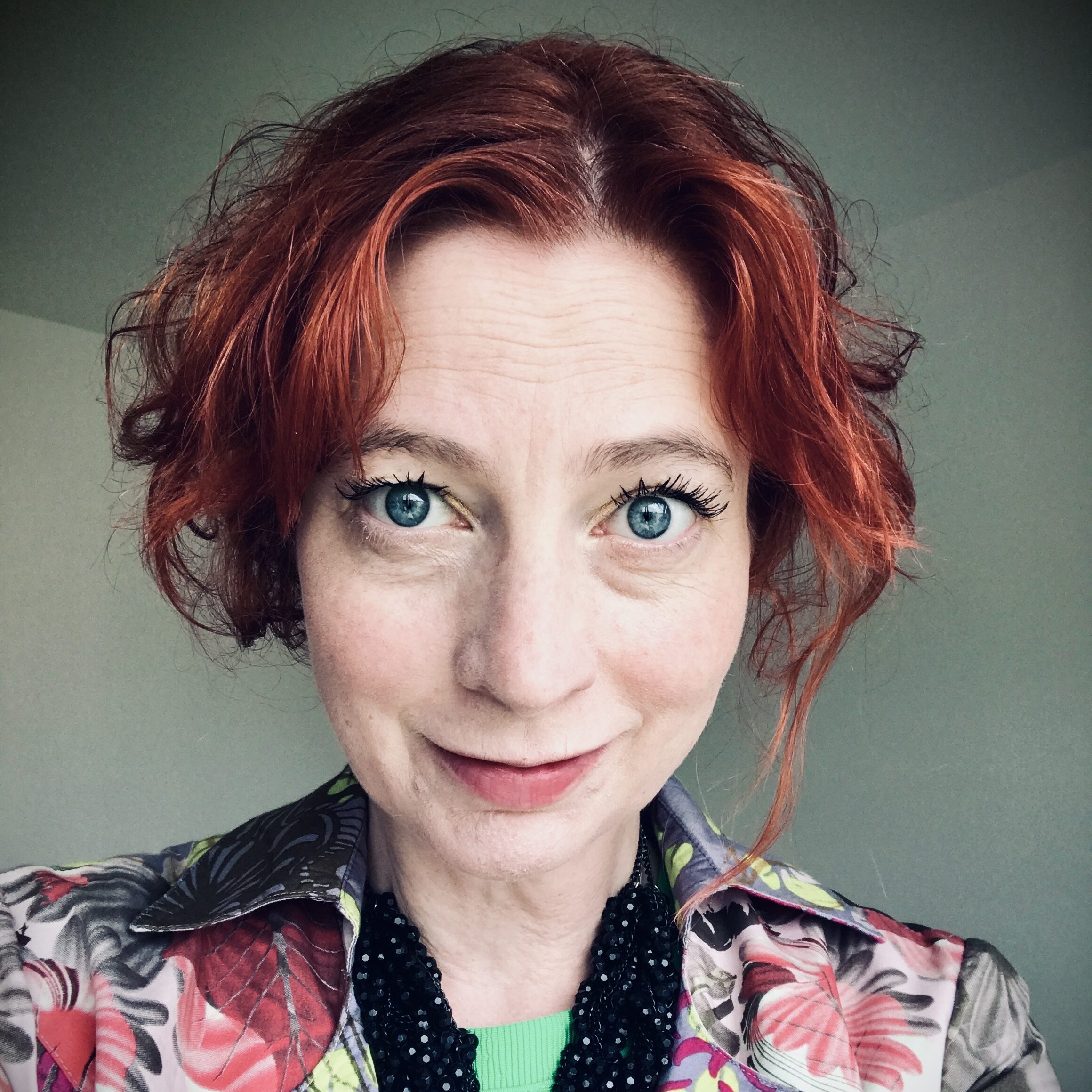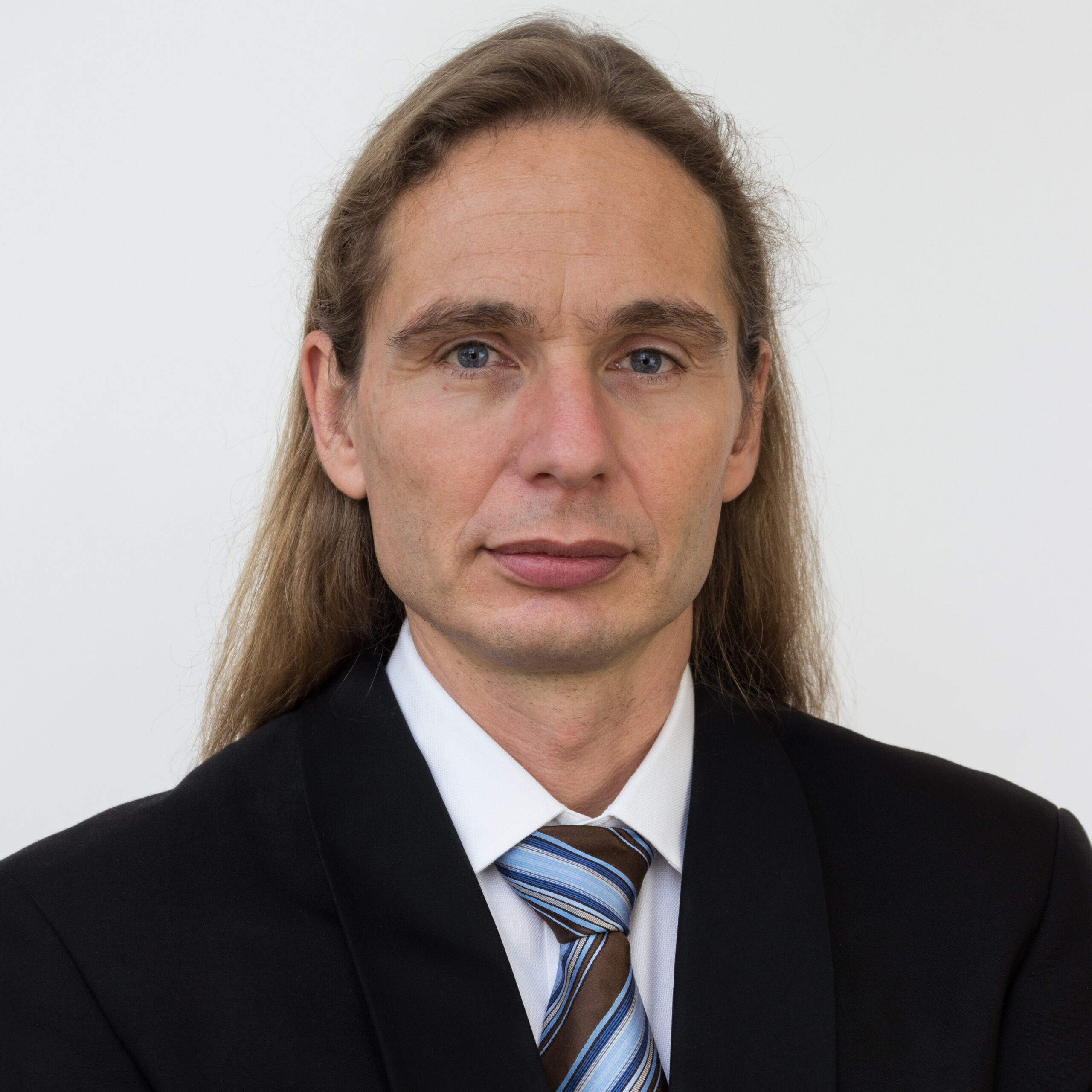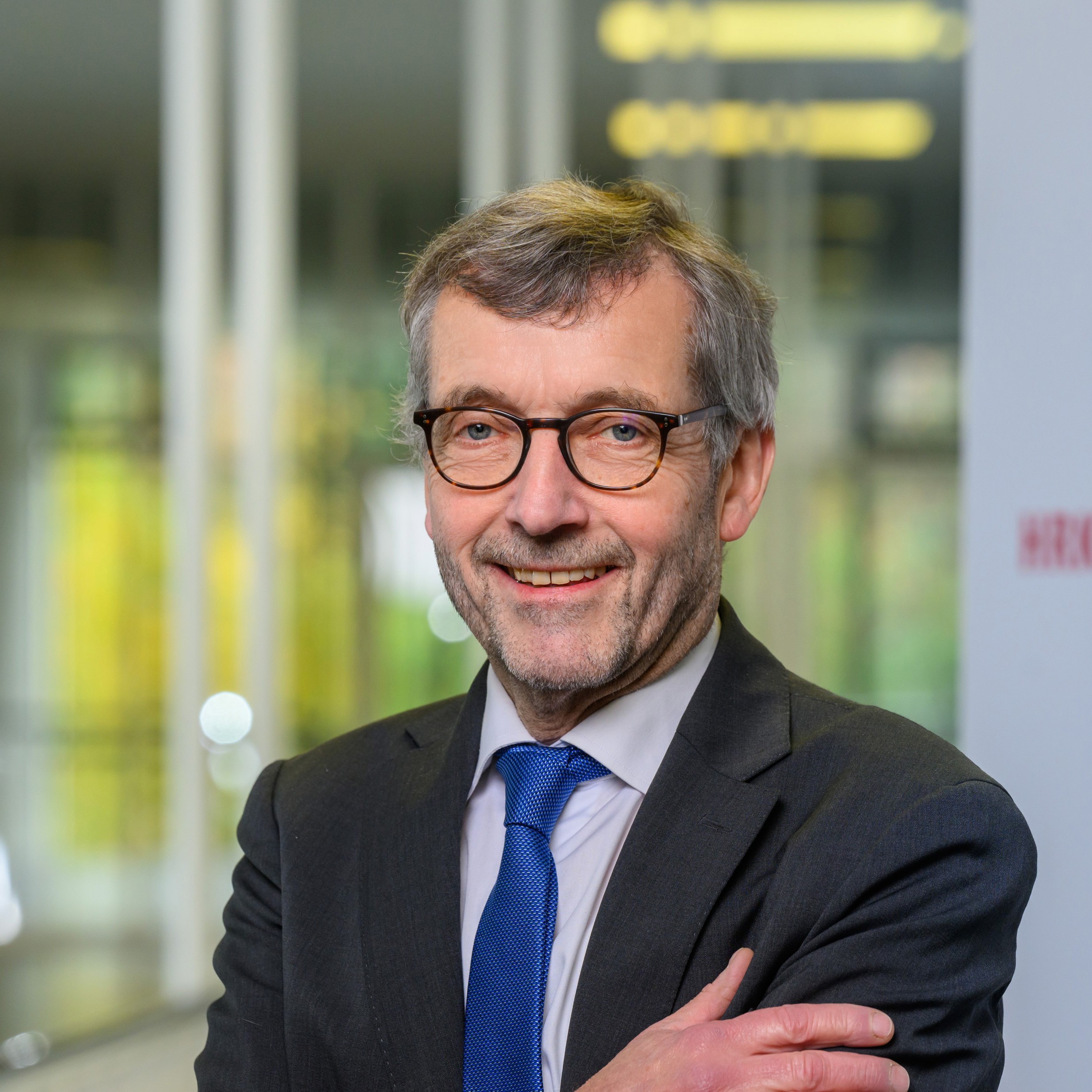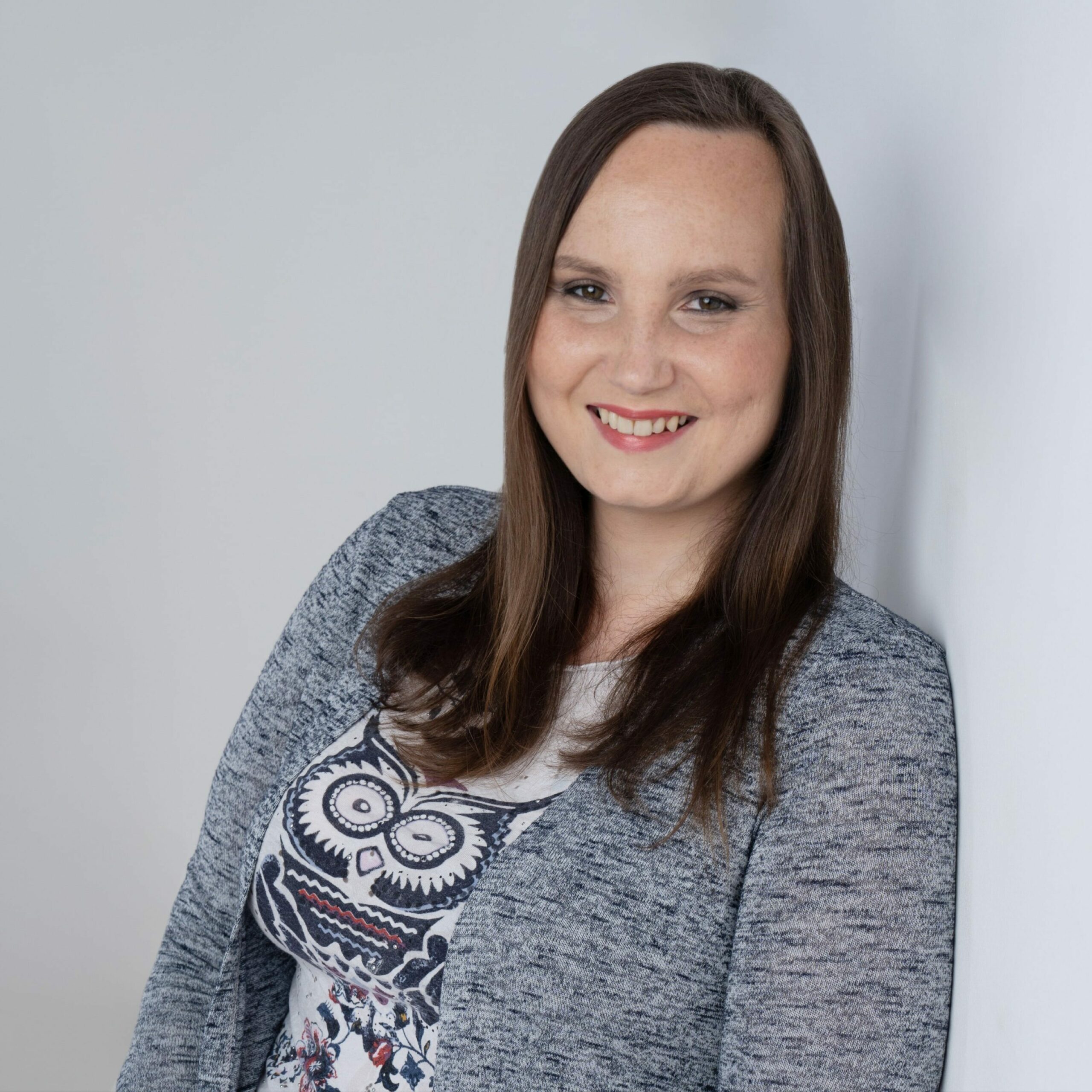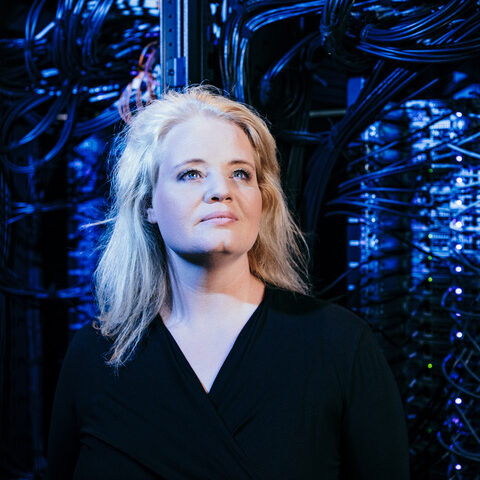The University:Future Festival will take place from 5 to 7 June 2024 in Berlin, in the digital space and at several partner stages. The motto: “Tales of Tomorrow”
The University Future Festival (U:FF) is the largest event on the (digital) future of academic education. Topics include AI, future skills, didactics and strategy processes.
The U:FF is hybrid: the entire content of the programme can be fully experienced online. At the same time, stages in Berlin, Bochum, Heilbronn, Leipzig and Nuremberg allow for on-site encounters. The programme is largely based on submissions from our communities. It is rounded off by outstanding VIP speakers. The festival will be held bilingually in German and English.
You can already look forward to a varied and inspiring programme with over 300 contributions from more than 600 speakers!
The University:Future Festival 2024 is organized by the Hochschulforum Digitalisierung and the Stiftung Innovation in der Hochschullehre. It is supported by the Stifterverband.
Who is the University:Future Festival for?
For anyone interested in higher education: university administrators, lecturers, students, didactics, civil society and politics. A good university education is a joint effort by its stakeholders. The University:Future Festival brings them all together.
During the festival, they can combine their perspectives, develop solutions and discover scope for action. To this end, the festival offers ideal conditions. It provides space for exchange, networking and inspiration. To help create good futures.
Confirmed keynote speakers in 2024: Jens Brandenburg, Georgi Dimitrov, Andrea Frank, Steve Fuller, Maja Göpel, Silja Graupe, Armin Himmelrath, Nele Hirsch, Julia Kloiber, Norbert Lammer, Derk Loorbach, Volker Meyer-Guckel, Ulrich Müller, Rikke Toft Nørgård, Walter Rosenthal, Christian Swertz, Nell Watson and Katharina Zweig!
What will change in 2024
Stronger presence in 2024
We are planning a main stage in Berlin and four partner stages at other locations. This allows for a cross-site capacity of up to 1,000 attendees simultaneously.
We are involving the community more closely
The content-related focus will once again be set with the input from partners and the community in autumn 2023. There is also a Call for Volunteers for both moderations and jury work.
Broad and flexible programme
2024, the festival will broaden its view and look at all places of academic learning. The programme will become more flexible: we will offer workshops and micro-trainings on all days and test innovative formats.
The motto “Tales of Tomorrow”
Stories are powerful. They construct our reality. The future is not fixed; rather, we create it here and now through our narratives.
This is what we will be discussing at the University:Future Festival 2024. Under the motto “Tales of Tomorrow,” we contemplate futures and develop visions that go beyond the immediate. We invite participants and our speakers to collaboratively discover and share new stories. We address current and future technological developments while also shedding light on the social and intellectual context in which they occur. Together, we seek solutions and pathways into the future.
The word “Tale” can be translated as both “Geschichte” (story) and “Märchen” (fairy tale). At U:FF, we challenge established future narratives. We do not dwell in a superficially used concept of innovation, but rather aim to discuss which narratives are relevant to the future and which are truly just fairy tales.
News
Festival programme 2024
True to the motto, at U:FF 2024 we are particularly concerned with futures, visions and the narratives behind them.
In doing so, we remain committed to the wishes of our community: the focus of the program is on concrete ideas and concepts for the (digital) future of academic education. It is about teaching and learning, artificial intelligence and future skills, organizational development and spatial concepts and much more.
The formats are also varied: as always, there will be lectures, lightning talks and discussions. We have also put together an extensive on-site and digital workshop and training program. You can also look forward to digital and analog installations and works of art that deal with our topics.
